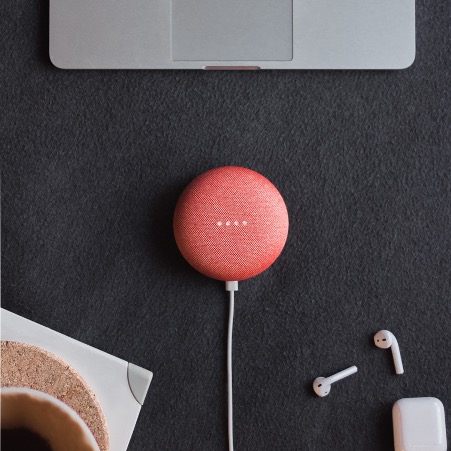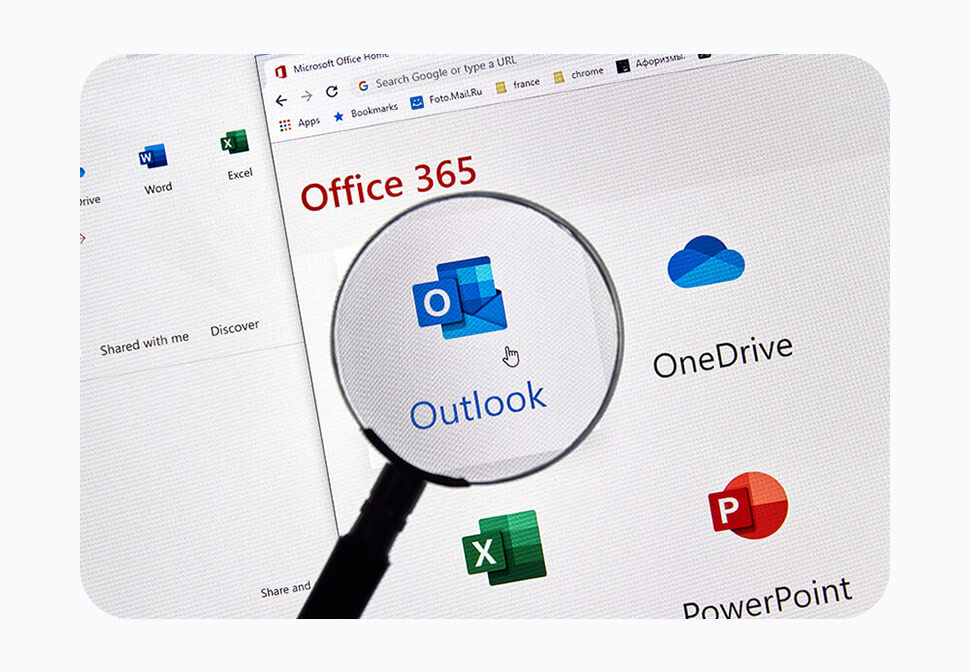The adoption of smart devices in the business environment is emblematic of a forward-thinking company. These devices promise enhanced efficiency, improved energy management, and a more interconnected workspace.
Yet, recent studies prompt a need for caution, highlighting potential risks these devices pose to corporate privacy and security. This article aims to elucidate the surveillance concerns associated with smart devices within the business sphere and to offer strategies to secure corporate data in the age of interconnected devices.
The Unseen Monitors in Our Offices
Smart devices, ranging from voice-activated assistants to networked security cameras and automated HVAC systems, have become indispensable in modern business operations. They are designed to optimise workplace functionality and adapt to company needs. However, a report by the consumer watchdog group Which? now questions to what extent these devices could compromise corporate confidentiality.
This investigation into the data handling protocols of prevalent smart devices, including those by major industry players like Google and Amazon, has revealed a disconcerting overlap between workplace convenience and potential for surveillance.
Pivotal Insights from the Investigation
The study analysed various smart devices commonly used in businesses, like smart-enabled conference TVs, security doorbell cameras, and programmable thermostats, unearthing several concerning facts.
Extensive Data Exchange
Many smart devices were found to transmit data to external parties without users’ knowledge. This raises alarms about the level of corporate information being shared and often without explicit consent from the company.
Risks of Unintentional Eavesdropping
Voice-activated office devices, such as smart speakers and digital assistants, are notably vulnerable to accidental eavesdropping. The study exposed cases where these devices inadvertently recorded and transmitted sensitive audio data, creating privacy and security risks for businesses that may be unknowingly monitored.
Obscured Data Handling Practices
The study emphasised the lack of transparency in data practices among smart device manufacturers. Critical details about data collection, storage, and sharing are often hidden in complex documents, leaving businesses unaware of the potential privacy issues arising from their networked environment.
Security Weak Points
Certain security vulnerabilities were identified in some smart devices used within the corporate setting. These vulnerabilities highlight the threat of unauthorised access to sensitive company data, emphasising the need for stringent security protocols to safeguard the business’s smart infrastructure.
Ensuring a Secure Smart Business Environment
Follow these essential steps to secure your business against the risks of smart devices.
1. Investigate Privacy Policies Meticulously
Before integrating a smart device into your business operations, it’s crucial to scrutinize the manufacturer’s privacy policy. Seek clarity on their practices concerning data handling, sharing, and what security measures are in place.
2. Utilise Privacy Settings Effectively
Leverage the privacy features of your smart devices. Many offer customization options that enable businesses to control data-sharing and the sensitivity of voice-activated features.
3. Keep Devices Updated
Maintain all smart devices with the latest firmware, which often addresses security flaws and improves functionality. Regular updates are key to protecting against cyber threats.
4. Implement Strong Passwords
Set strong, unique passwords for each smart device and avoid default passwords, which are easily targeted by cyber attackers. Secure your company network to prevent unauthorized breaches.
5. Consider Non-Connected Options
Evaluate if certain smart functionalities can be fulfilled without connectivity. Opt for devices that either work offline or have minimal network requirements to diminish data vulnerability.
6. Restrict Voice-Activated Functions
If data security is a major concern, think about reducing or deactivating voice-activated features to decrease the risk of inadvertent recordings and potential privacy breaches.
7. Audit Smart Devices Regularly
Regularly review the smart devices connected to your company’s network. Disconnect any devices that are obsolete or lack robust security features, maintaining a secure and efficient array of smart business tools.
Protect Your Business’s Smart Infrastructure – Consider a Security Assessment
Embracing smart technology is part of the modern business landscape, but it must be approached with due diligence. Ensure the smart devices do not expose your business to data breaches.
Are you confident in the security of your company’s smart devices and network? We can help you assess and strengthen your defenses. Contact us now to schedule a corporate smart device security assessment.






